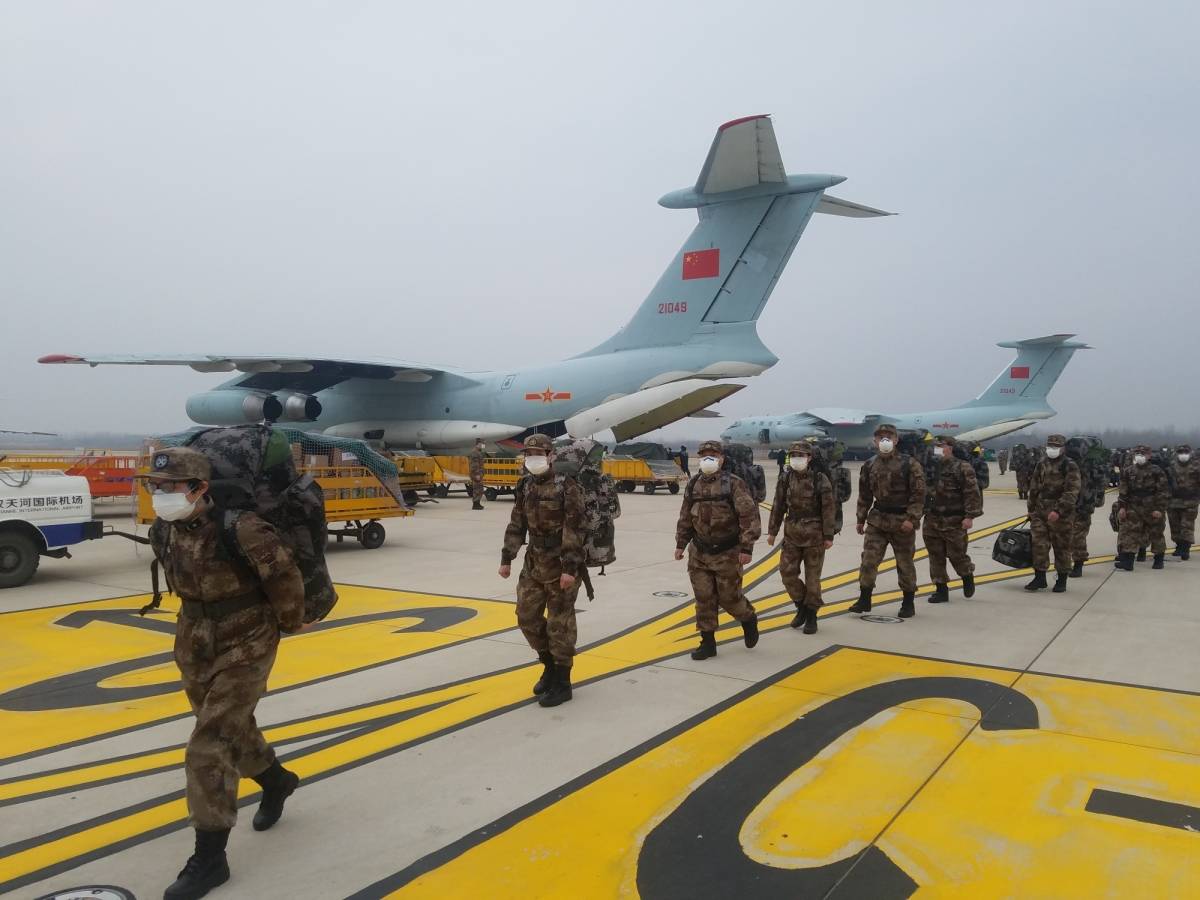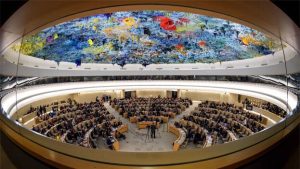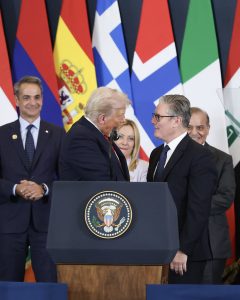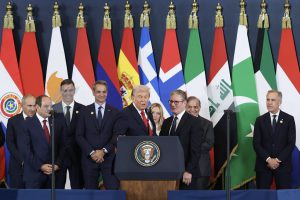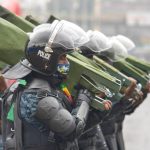The launch of the project at the Ream Naval Base, which Cambodian officials said will use aid from China to renovate the port, comes amid Western concerns…reports Asian Lite News
Aiming to establish control and authority over global politics, China’s upcoming naval base in Cambodia could be the latest example of establishing and fulfilling Beijing’s hegemonic interests in Southeast Asia.
Both China and Cambodia took the first steps on a Beijing-funded upgrade of the Ream Naval Base in the southern part of the country.
The launch of the project at the Ream Naval Base, which Cambodian officials said will use aid from China to renovate the port, comes amid Western concerns that Beijing is seeking a military outpost at the Gulf of Thailand facility, CNN reported.
Jakarta Post reported that the key factors behind China’s choice of Cambodia are the political background of good relations with the non-democratic Hun Sen regime in Cambodia, as well as suitable economic background for Chinese investment and businesses.
The historical background also favours China as the country has border issues with Vietnam- Beijing’s rival in the South China Sea conflict, the Jakarta Post added.
With this, the relations between Cambodia and the United States has also contributed to Chinese concentration to its influence. A recent example of the affected ties of Cambodia-US relations is is the cancellation of the “Angkor Sentinel” joint military exercise in January 2017 by Cambodia, followed by the dissolution of the Cambodia National Rescue Party (CNRP) in late 2017.
Cambodia-Vietnam relations were also affected due to Chinese intervention, as per The Jakarta Post.
China is Cambodia’s largest source of imports, accounting for 31 per cent of total imports in 2020. On the other hand, the US is Cambodia’s largest export source, accounting for 25.2 per cent of all exports in the same year, as per The Jakarta Post.
Cambodia’s deterioration in relations with the US, and further economic sanctions, and export restrictions by Washington will cause the Cambodian economy to crumble, which in turn further strengthens the control of Chinese investing parties over the resources of Cambodia and under the pretext of securing the Chinese investment more and more bases will come up in Cambodia to further fuel the tensions in the South China Sea and crush the sovereignty of ASEAN countries, the report added. (ANI)

